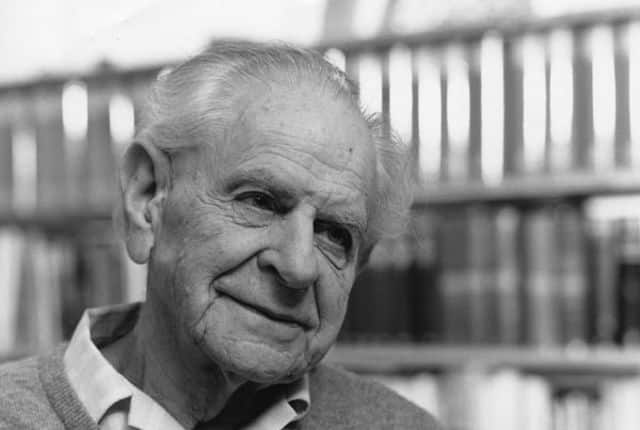
Falsification is a scientific method to contradict or refute theories.
The act of falsifying is called falsification . The verb falsify, meanwhile, refers to denying a postulate through experiments or tests .
Contradict or refute
The idea of falsification appears in the field of science with reference to the process that allows a theory to be contradicted or refuted . This is the pillar of the philosophical doctrine known as falsificationism .
That which can be subjected to falsification (that is, that can be falsified) is falsifiable. The falsifiable condition , meanwhile, is called falsifiability .
Continuing with this reasoning, falsificationism places falsifiability as the principle that allows us to differentiate between what is scientific and what is not scientific . This current promoted by the Austrian Karl Popper maintains that, when a theory can be falsified, it is scientific, because it can be tested and, in this way, ratified or disproved with experiments.
Scientific character
When trying to falsify a hypothesis with a counterexample, it is contrasted. If the refutation is not achieved, the hypothesis is considered to be proven and accepted. In any case, it is important to know that the confirmation achieved through empirical evidence is never taken as definitive: validity, according to falsificationism, is provisional .
It must be taken into account that falsification is used as a demarcation criterion to differentiate between scientific and non-scientific character. It does not have to do, therefore, with the truth of the statement, but with the possibility that it may be falsified.
The method
Karl Popper was part of countless debates in the field of epistemology , the part of philosophy that is responsible for the study of the foundations, principles, methods and extension of the knowledge of our species. In this context, he proposed a method that could unblock the opposition of the two extremes that existed until then: those who questioned the validity of empirical evidence and those who defended it. It was a breath of fresh air by including experimentation, logical deduction, intersubjectivity and intuition.
These characteristics were a novelty in the field of natural sciences because until now their value had not been recognized, but Popper put them in the forefront to solve problems such as the formulation of statements and hypotheses, the contrast of theories and the selection of criteria . validity. In 1994 he published a book whose title, Conjectures and refutations , expresses with effective concision the key to his falsification method, which is known in the world as Popperian .

Karl Popper, Austrian scientist, author of a falsification method
For Popper, scientific work is based on formulating hypotheses and precisely specifying the tests to which they are subjected to validate them; In other words, it is based on "conjecture and refutation." The importance of scientific experimentation is due to the fact that it allows us to carry out a contrast between theories and empirical reality , to eliminate errors through falsification. In this regard, he established certain rules of rationality so that falsification can be carried out, which the theories must comply with:
*have conclusions based on a logical structure, for which the use of correct deduction procedures is necessary;
* regardless of whether the empirical or logical-deductive form predominates, they must exhibit good conformation in their general structure ;
* in order to know to what extent they support other theories or serve to contradict them, they must be compared with these;
* indicate fundamental experiments that serve to contrast them with reality, specifying the exact conditions in which these can lead to the falsification of the hypotheses.
